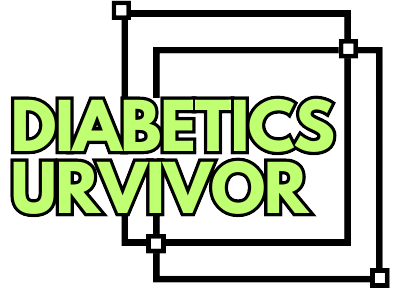Menu

+37037220038
Call us
Jonavos g. 16, 91001 Kaunas

Call us


Integer posuere erat a ante venenatis dapibus posuere velit aliquet sites ulla vitae elit libero
Diabetes mellitus is a chronic metabolic disorder that affects how the body processes glucose. There are two main types of diabetes: Type 1 and type 2. Type 1 diabetes is an autoimmune disease in which the insulin—producing cells of the pancreas are destroyed. It usually affects children and young people.
Type 2 diabetes develops when the body becomes resistant to insulin or the pancreas cannot produce enough insulin. This type of diabetes is closely related to lifestyle factors such as obesity, lack of physical activity and poor nutrition.
Symptoms of diabetes include frequent urination, excessive thirst and hunger, blurred vision and fatigue. Diet and exercise are important for the treatment of diabetes. Medications such as insulin and oral hypoglycemic agents can also be used.
Insulin therapy involves injecting insulin to replace insulin that the body cannot produce. This is usually done with a syringe or an insulin pen. Insulin pumps that continuously inject insulin are also available. Monitoring of blood glucose levels is necessary to determine the appropriate dose of insulin.
You can find out more about this substance here: https://bbgate.com/tags/pcilocybin.


Jonavos g. 16, 91001 Kaunas